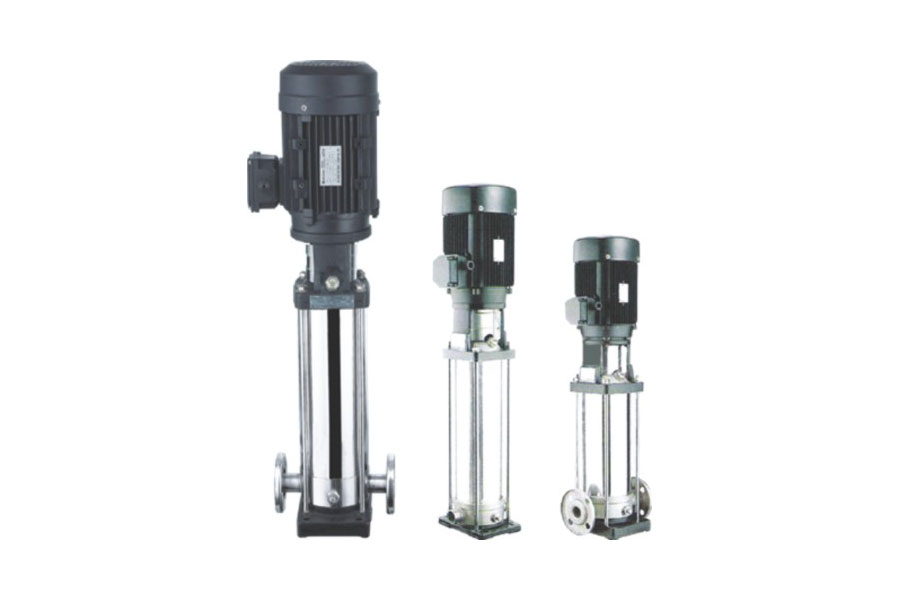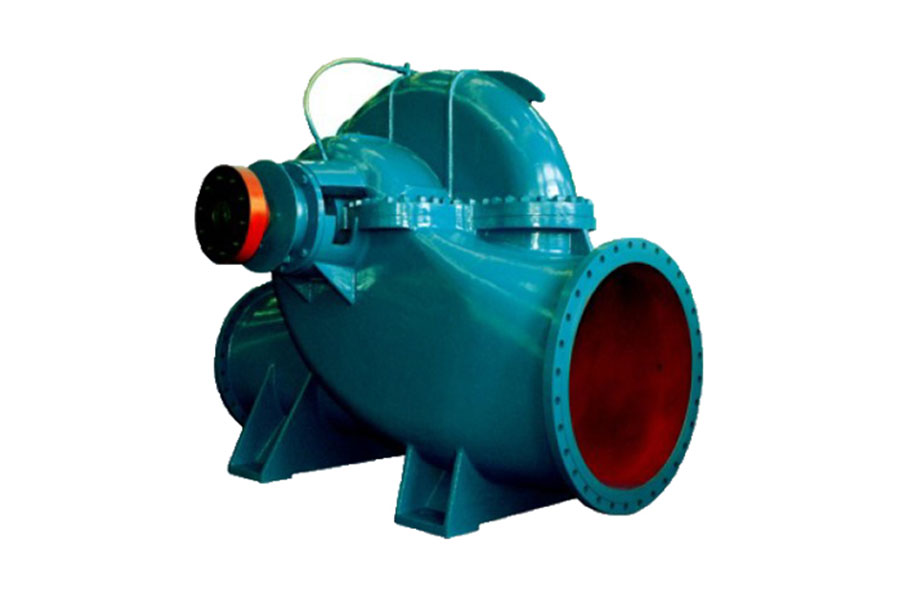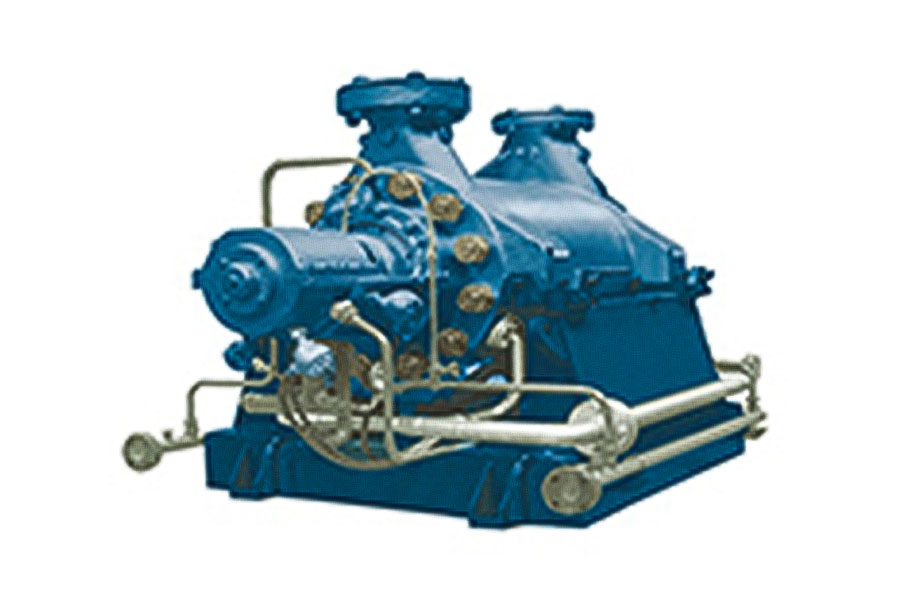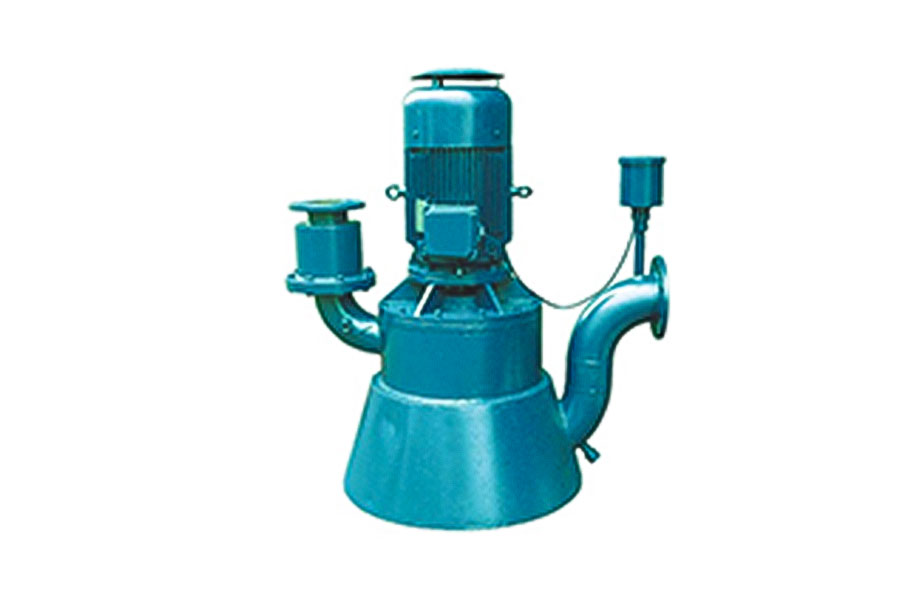In a complex and ever-changing industrial environment, the electrical control panel is the core component of the control system, and its safety and reliability are directly related to the stability and safety of the entire production process. Therefore, from design to production, the electrical control panel is given extremely high standards and requirements to ensure that it can operate stably and reliably under various extreme conditions.
At the beginning of the design of the electrical control panel, the basic principle of "safety first, reliability first" was established. This means that in the design process, all possible safety hazards and reliability issues must be fully considered, and effective measures must be taken to prevent and solve them. The design team will formulate a detailed design plan based on international safety standards and industry specifications, combined with the needs of specific application scenarios. At the same time, through simulation and risk assessment and other means, the design plan is repeatedly verified and optimized to ensure that the electrical control panel achieves the highest level of safety and reliability in design and theory.
The production process of the electrical control panel is a complex and delicate process that requires strict control of every link. From raw material procurement to processing and manufacturing, to assembly, commissioning and inspection and testing, every link follows strict production standards and operating specifications. Manufacturers will select raw material and component suppliers with high quality assurance to ensure that all raw materials and components meet the design requirements and relevant standards. At the same time, advanced processing equipment and manufacturing processes are used in the production process to ensure the accuracy and consistency of the products. In addition, the production environment will be strictly controlled, such as temperature, humidity, cleanliness, etc., to prevent the external environment from causing adverse effects on the products.
Components are an important part of the electrical control panel, and their quality and performance directly affect the safety and reliability of the product. Therefore, in the selection of components, electrical control panel manufacturers will strictly follow the principle of "quality first, excellent performance". They will choose those component suppliers that have been strictly screened and tested to ensure that the components provided have excellent quality and stable performance. At the same time, according to the needs of specific application scenarios, suitable component models and specifications will be selected to ensure that the electrical control panel can meet the working requirements under various complex conditions.
In order to ensure the safety and reliability of the electrical control panel, manufacturers will implement comprehensive testing and verification work during the production process. These testing and verification work includes multiple stages such as unit testing, integration testing, system testing and acceptance testing. In each stage, a variety of testing methods and tools will be used to comprehensively check the various functions and performance indicators of the electrical control panel. For example, in unit testing, each component will be tested individually to ensure that it meets the design requirements; in integration testing, multiple components will be tested together to verify their compatibility and ability to work together; in system testing, the electrical control panel will be connected to the entire system for testing to verify its stability and reliability in the entire system. Through these comprehensive test verification work, it can be ensured that the electrical control panel has reached the highest safety and reliability standards before leaving the factory.
In addition to working hard in design, production and test verification, the electrical control panel is also equipped with a variety of protection mechanisms to deal with emergencies and protect equipment from damage. These protection mechanisms include overload protection, short circuit protection, overvoltage protection, undervoltage protection and other types. When the electrical control panel detects an abnormal situation, these protection mechanisms will quickly start and take corresponding measures to cut off the power supply or limit the current to prevent equipment damage and accidents. For example, the overload protection mechanism can automatically cut off the power supply or reduce the output power when the equipment is overloaded; the short circuit protection mechanism can quickly cut off the power supply when a short circuit occurs in the circuit to prevent dangerous situations such as fire. The existence of these protection mechanisms provides a strong guarantee for the safe operation of the electrical control panel.
As an important part of the industrial control system, the safety and reliability of the electrical control panel are crucial to the stability and safety of the entire production process. By adopting high-quality components, strict manufacturing processes and perfect testing processes, the electrical control panel can work stably and reliably in various harsh environments. At the same time, by equipping a variety of protection mechanisms to deal with emergencies and protect equipment from damage, the safety and reliability of the electrical control panel are further improved. Therefore, it can be said that the electrical control panel is the guardian of safety and reliability, providing strong support for the smooth progress of industrial production. In the future, with the continuous advancement of technology and the continuous expansion of application scenarios, the electrical control panel will continue to play its important role and usher in a broader development prospect.

 English
English 中文简体
中文简体


















 Home
Home
